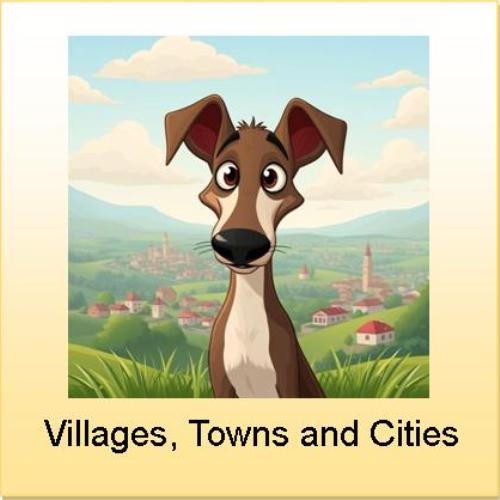About Berkshire
Country: England
Region: South East
Established: Ancient
Area: 1,262 km2 (487 sq mi)
Population: 958,800
Largest settlement: Reading
Berkshire is a county in South East England. It is bordered by Oxfordshire to the north, Buckinghamshire to the north east, Greater London to the east, Surrey to the south east, Hampshire to the south, and Wiltshire to the west. largest settlement and the county town.
The name Berkshire came from a wood of box trees, which was called Bearroc (a Celtic word meaning "hilly").
History:
The earliest recorded historical fact relating to the county is the occupation of the district between Wallingford and Ashbury by king Offa in 758.
Prehistoric Times:
Berkshire's history includes remains from the Palaeolithic, Mesolithic, Neolithic, Bronze, Iron, Roman, Anglo Saxon, Medieval, and Post Medieval periods.
From about 10,000 year ago to approx. 4000BC, this was the era of hunter-gatherers. Most of the evidence of this time mainly consists of worked flint.
Several Mesolithic sites of national importance have been found in Berkshire. A 5,500 year old Neolithic ceremonial gathering place known as a causewayed enclosure has been partially uncovered within sight of Windsor Castle.
Roman Times:
From c. AD43 to the early fifth century Berkshire was part of the Roman Empire. The period saw a transformation of material culture with the construction of villas, new roads and the expansion of Calleva Attrebatum (iron age fortified town), which was walled by the Romans
Anglo Saxon Times:
The Anglo-Saxons established new communities and influenced the local culture. Anglo-Saxon Berkshire was a largely rural agricultural community. It was organized into administrative areas called hundreds, a system that continued into the Norman era. Berkshire became part of the Kingdom of Wessex
Norman Times:
At the time of the Norman Conquest, Berkshire formed part of the Earldom of Harold, and supported him staunchly at the battle of Hastings. This loyalty was punished by very sweeping confiscations, and at the time of the Domesday survey no estates of any importance were in the hands of Englishmen.
Tudor and Stuart Times:
Berkshire remained a quiet rural area, with Newbury and Abingdon gaining reputations for cloth. It benefited from its location on the River Thames as a key trade route.
Industrial Revolution Times:
The industrial revolution within Berkshire spread along the developing transport network of roads, rivers, canals and railways. This transport system was essential to the mills, maltings, breweries, abattoirs, corn exchanges and seed merchants.
Victorian Times:
The Victorian period witnessed a dramatic change in urban life and, by 1851, for the first time in history more people in England were living in towns than in the rural areas. This, however, was not true of Berkshire. Even at the end of the century it was still a predominantly a rural county.
Modern Times:
Berkshire received the title "Royal County" in 1957 due to the presence of Windsor Castle.
Since the 18th century, Berkshire has transformed from a largely rural and agricultural county into a hub of industry, technology, and commuter towns serving London.


